- Sino-Japanese cooperation in Africa will be the beginning of Japan’s deep involvement in the Belt and Road
- The Japanese will not think that the weak China will become its most powerful opponent in the African market, so strong that there is no other way to be friends with China
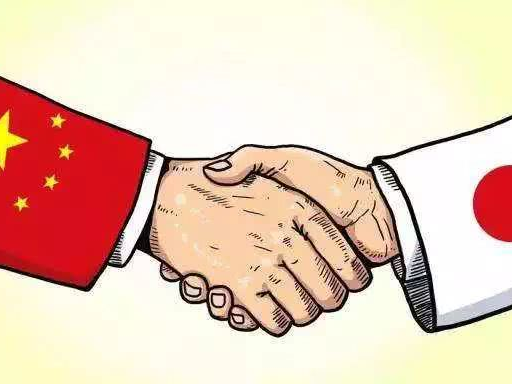
Many Chinese people still do not look good to Japan until today. This kind of disobedience is unabashed in various film and television works. Whether it is an anti-Japanese war movie or a wonderful anti-Japanese drama, the Japanese devil's end is arranged clearly. It was normal to be beaten, kicked, shot and fired. However, it was bitterly torn into two halves by hand, or a headshot was shot eight hundred miles away. According to general statistics, there are hundreds of billions of Japanese who died in the film and television works of the Chinese anti-Japanese war.
Every time on September 18, there are always a lot of Chinese people on the Internet saying: "When I come to the Sino-Japanese War again, we will kill him."
As they wish, a war has started between China and Japan. Unlike the "counterattack against Tokyo" that everyone is thinking about, the battlefield between the two sides is far from Africa; unlike the imaginary physical war of the bullets, the war is quiet but equally thrilling; more importantly, China and Japan not only have Competition, more cooperation.
Why is Africa?
The modern history of Africa can be summed up in two words: blood and tears.
Although the Europeans who first entered the African continent lived in the sovereign state and the parental state, what they did was not like what the aunt should do. Just look at the maps of African countries and you will be able to see one or two: Europeans cut a few countries with a knife and cut a few countries. Chinese children are told that the great motherland is like a rooster. Italian children know that their country is like a boot. The African countries are interesting. The country is square, like bricks.
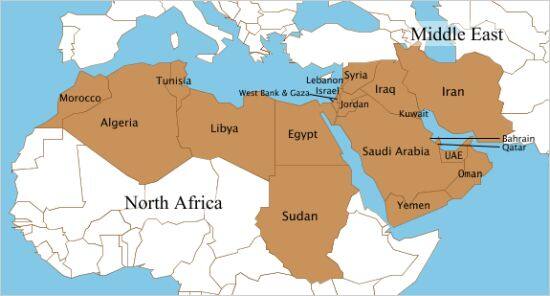
In many years before World War II, African countries were miserable. To be more precise, at that time, it could not be called a country. Africa's land produces cotton, sugar cane and other crops for Europe and the United States, while Africa's population is zero-cost labor in Europe and America. There is a real event that is both funny and cruel: the Western media had a heated discussion about one thing: the blood of black Africans is closer to humans or closer to orangutans. Until more than 100 years ago, black Africans were kept in the zoo for whites and forced to live in a cage with the orangutans.

European exhibition of black ads
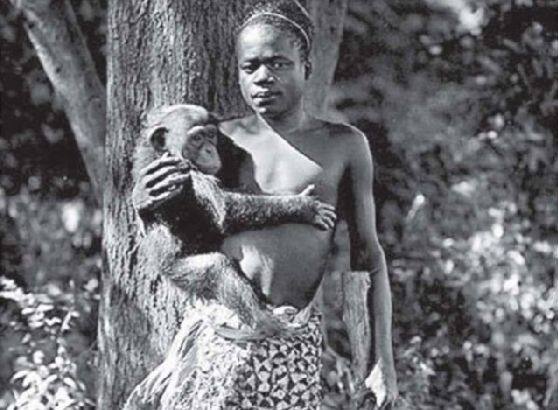
Black man being exhibited with an orangutan
After the Second World War, African countries were independent. Western societies that have always advocated "natural human rights" feel that the independence of Africa is based on the gift of the West. In this context, Europeans say that they are free to Africa, their bodies are very honest, and they spare no effort to make Africa continue to be their cheap raw material supply.
Even at present, the main trade target of African countries is the former sovereign state, and the trade volume between African countries is very low. There is only one reason for the ineffective economic and trade exchanges between African countries: the homogenization of economic products is serious.
In the past, hundreds of years ago, China’s Central Plains region traded with ethnic minorities in the north, and silk grain traded for cattle and sheep leather, although it was single but different. The African countries are smashed. You are planting cotton. I also grow cotton. The border meets and the big eyes are small. No way, the two barbers can shave each other, and the two cotton powers can't have more in-depth exchanges than the exchange planting experience. As a result, African countries have to continue to plant cotton for the original sovereign state.
Numerous historical experiences tell us that no country is willing to stay in the downstream of the industrial chain forever, and it is a place for producing raw materials that are not enough to eat. Growing up, Africans feel that something is wrong. You electrify our cotton, you intelligently we still grow cotton. Mother, don't grow!
Japan enters the African market early
Many African countries have realized that in order to pull a few more meals in the big plate of the world economy, they have to get rid of a single low-end industrial structure.
In the eyes of the original sovereign countries of Africa, Africa is doing things. In addition to the peace of mind to plant cotton, everything else is not doing business. Of course, Africa, which is hungry, does not believe in these European words. On the surface, um, ah, my heart is screaming:

When Europe and the United States lost their enthusiasm for Africa, Japan was eyeing the African market. Although China began to provide assistance to African countries as early as the founding of the country, Japan is earlier than China in terms of trade. In 1993, the African Development Conference was established. As you may not imagine, this highly influential African conference was led by Japan and is also held in Tokyo, Japan, and even the official name is the Tokyo Africa Development Conference.
Why does Japan value the African markets that are not enthusiastic in major powers? This has to say the economic characteristics of each country. In short, each country has its own shortcomings. In many cases, whether a country can achieve its economic goals depends not only on its strengths but also on its shortcomings. For example, China's strengths are that the land and the environment are better. The shortcomings are familiar to everyone. "The industrial base is weak and the per capita productivity is insufficient." The strength of the United States is that it is far from the dispute between Europe and Asia. The shortcoming is a little too far from Eurasia. Only Eurasia In the midst of chaos, the United States has the opportunity to make a fortune. The so-called "Eurasia does not chaos the United States is not strong"; the strength of Europe is that the economy has developed a long history of industry, and the shortcoming is that the geopolitical environment is complex, and there are neighbors who are engaged in you, scaring everyone to be high. "Mu Xiu will destroy the forest wind." What about Japan? The industrial base is good, the technology accumulation is thick, and the industrial chain is complete. The financial industry is also very developed. There is only one short-term short board – the resources are scarce. Since modern times, all Japanese strategies have been centered around resources. The country is small in size and high in energy dependence. Even the manpower that was not a problem is now a scarce resource for Japan. Japan’s old and young, small and old, have fewer mouths and fewer hands to work.
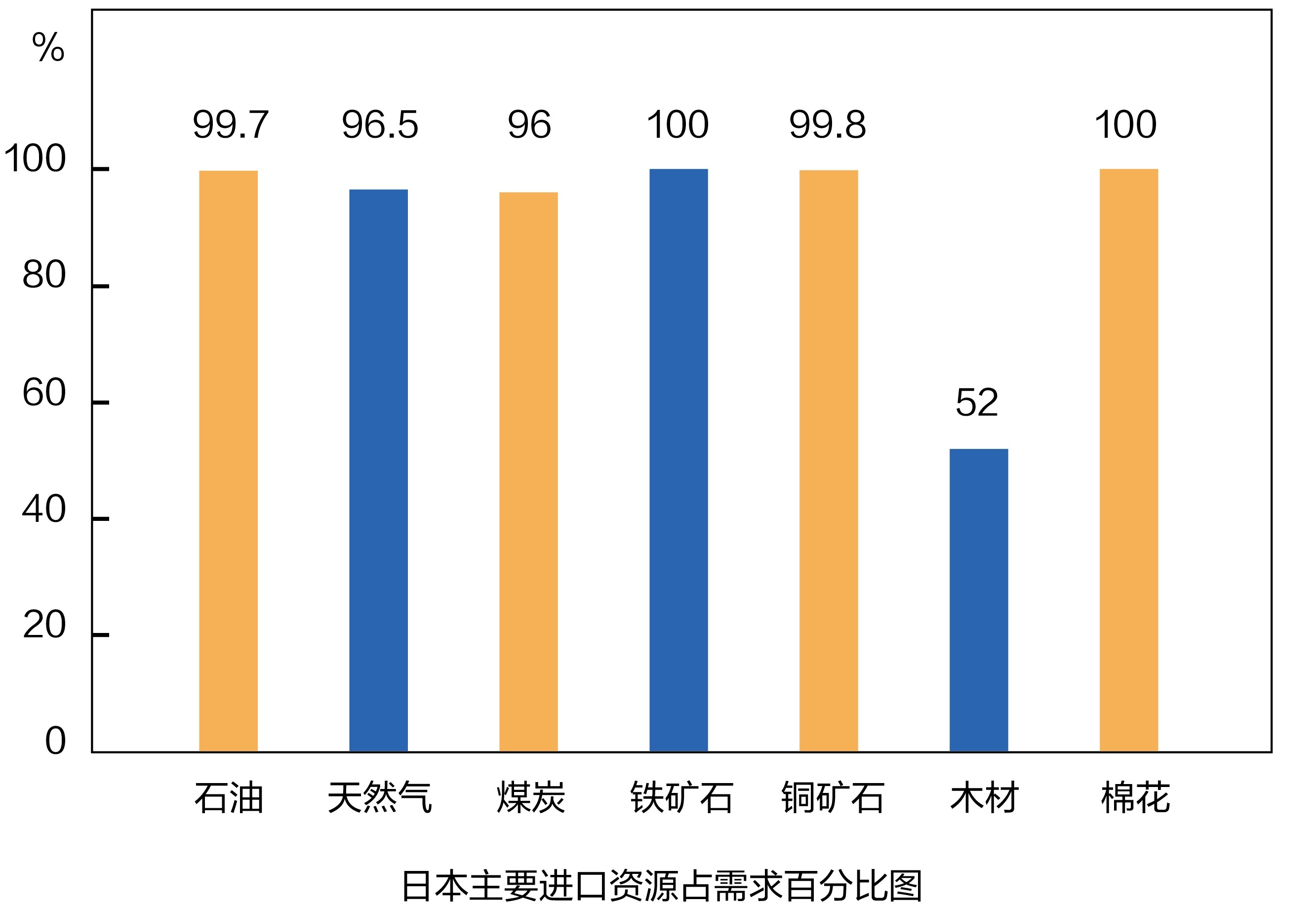
How to do? Looking up and sweeping around the world, I found that Africa is simply a magical continent tailored to complement the Japanese short board. The vast population of the region has a huge potential for energy enrichment, and the most crucial thing is that it is still poor. The benefits of poverty are many, local enterprises are small and weak, and gold everywhere is hidden in the industry.
In 1993, after the collapse of the Soviet Union, other major powers clashed in the Eastern European region to seize resources. Japan aimed at Africa.
A group of dark-skinned African heads of state arrived in Tokyo, Japan, to participate in the first Tokyo African Development Conference. After watching Sumo and drinking sake, I am happy that the Japanese have shown a bright future for Africa: Japan promises to increase aid to Africa, publish the "Tokyo Declaration on African Development", and promise to implement political and economic reforms in Africa and promote the private sector. Develop, strengthen regional cooperation and integration, and learn from Japan's development experience to promote Africa's development.
This declaration seems to have a very good official taste. Obviously Japan regards itself as the future master of Africa. In addition to the promise of a few literary heads, the Africans are obviously more concerned about real money. Japan’s investment in Africa began in the 1960s, but the scale of investment has not been large. After the "Tokyo Africa Development International Conference", the Japanese government has established the African Investment Multiplier Support Fund, the African Trade and Investment Promotion Agency, the Japanese Non-Government and Economy Forum, and other platforms to promote Japanese-to-Australian investment, and is committed to building a benign "assistance". Investing in the "interaction mechanism, objectively speaking, Japan's institutionalization of investment in Africa has been continuously improved.
However, Japan’s areas and regions of investment in Africa are more concentrated: the investment sector is concentrated in the energy sector, and more than 50% of total non-investment is concentrated in the Republic of South Africa. This at least illustrates the following points: First, Japan's investment in Africa is very utilitarian, but this is understandable. The purpose of investment is to benefit; second, Japan does not look so strong, and concentrates bullets in small areas and regions. In fact, it is also helpless. Third, the appeal of the Japanese government is not strong. The situation of the imaginary state capital driving private capital has not appeared.
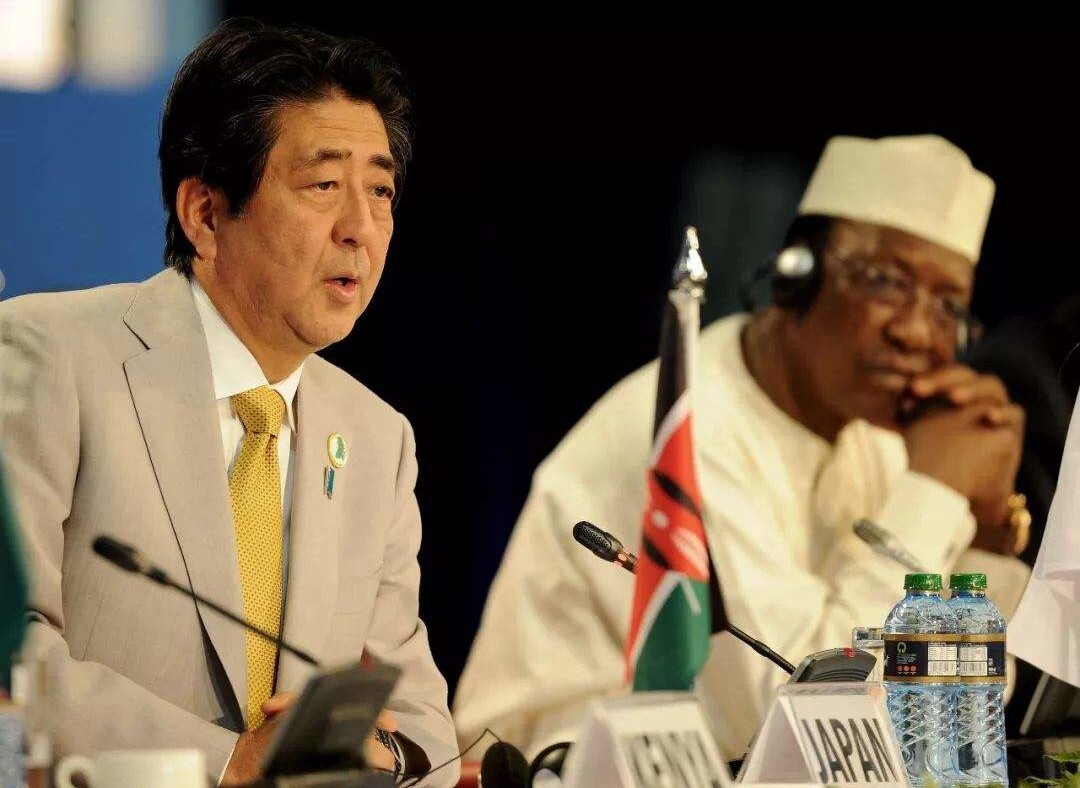
Japan’s small thunder in the investment in Africa has directly led them to miss out on the golden development opportunities in Africa.
The Japanese will certainly not think that the weak China will become its most powerful opponent in the African market, and it is strong enough to have no choice but to be friends with China.
Latecomers
To talk about China's exchanges with Africa, the Silk Road, Zheng He, and the Western Sea, have recently helped African brothers to be "lifted into" the United Nations, but the real deeper economic exchanges with Africa have always been more than enough. When Japan is ambitiously standing on the African continent to think about the future, the Chinese are still doing their homework for many years.
Later, everyone was very clear. China was keen to make progress all the way. If you don't pay attention, you will surpass all major powers to become the world's second largest economy. After proposing the Belt and Road strategy, China has started business with countries along the route, and Africa has become an important part of China's Belt and Road strategy.
In this regard, the Japanese are very anxious to set a good posture to fight China. But never imagined that the war had just ended, and the Japanese finally realized the feeling of using rifles against aircraft cannons.
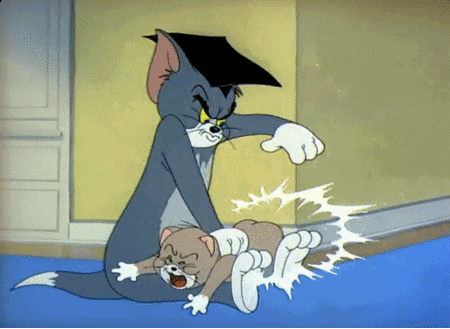
Since 1993, Japan has invested a total of 47 billion US dollars in Africa, which is less than the amount of investment agreed at a meeting between China and Africa. Japan wants to do 10,000 yuan in Africa, but only 100 yuan in the pocket. After a short struggle, Japan gave up the idea of catching up.
In addition to funding, the policy of Africa is also an advantage of China.
The Beijing Summit of the China-Africa Cooperation Forum was opened in 2018. At the opening ceremony, General Secretary Xi Jinping delivered an important speech, and such a passage caused a warm applause.
"China adheres to sincere friendship and equal treatment in cooperation... Persist in doing 'five no', that is: not interfering with African countries to explore a development path in line with national conditions, not interfering in Africa's internal affairs, not imposing their will on others, not Adding any political conditions to non-aid assistance does not seek political self-interest in non-investment financing. China hopes that all countries can do this 'five no' when dealing with African affairs."
This is the most fundamental difference between China and the West in its policy toward Africa.
Research by Shou Huisheng, a researcher at the National Strategy Institute of Tsinghua University, shows that the “fatal aid” of Western political conditions has made African countries a target of aid rather than a development subject, and they have been obeyed by Western donors in terms of development direction and operation. The autonomy and voice of development also stifle the internal motivation of development. What Africa really needs is not aid, but development.
Nigeria’s "Pioneer" said this: "Unlike the West, China is not overbearing. It does not claim that its enemies must be our enemies, nor does it require allies to join the territory to fight for war. By contrast, when Americans and When other countries are right, for example, with the ongoing disputes with Turkey and Iran, the United States insists that other countries either join economic sanctions or are punished. The Chinese tell us that candles will not lose brightness due to lighting other candles, but will make the world Brighter."
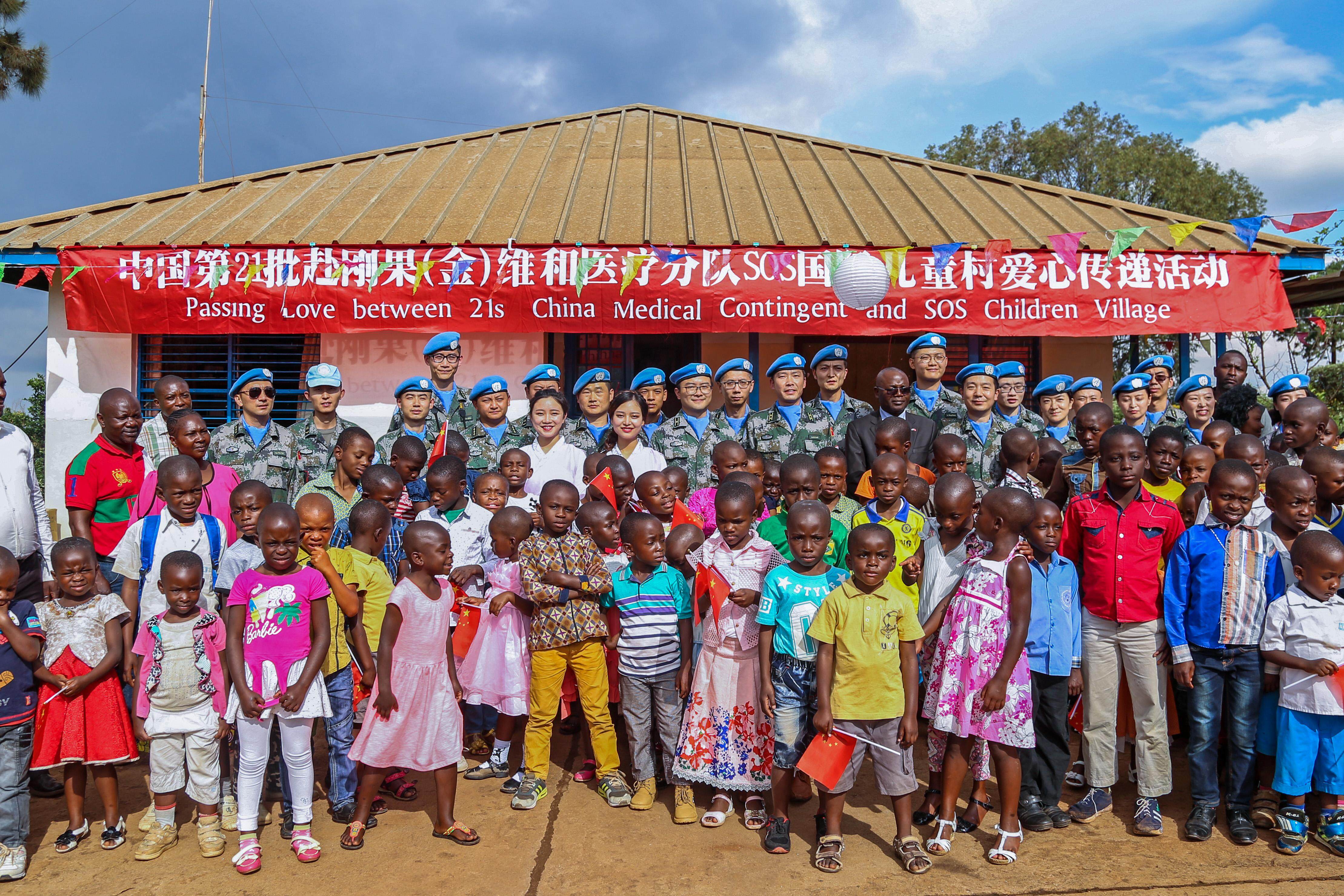
Kenya’s “National Daily” stated more clearly: “China is a valuable partner for Africa. It is trying to break the old “poverty trap” based on the underdeveloped centuries.”
In 2018, the trade volume between China and Africa reached US$204.2 billion, and China has become Africa's largest trading partner for ten consecutive years. In recent years, Chinese companies have built more than 6,500 kilometers of railways, more than 6,000 kilometers of highways, more than 200 schools, more than 80 stadiums, dozens of government office buildings, parliament buildings and a large number of airports and ports on the African continent. In addition to the infrastructure that Africans have always dreamed of, China and Africa have extensive cooperation in finance, science and technology. More importantly, 90% of non-Chinese companies are private companies, fully demonstrating the diversity of China's investment in Africa.
Sino-Japanese cooperation begins in Africa
In a sense, this friend of Japan is playing.
In 2016, when the US Freeport was preparing to sell Congo's mining rights due to shortage of funds, Japan, as the first-round pick-up party, went to the Prime Minister's Office and went to the bidding companies to win. Japan did not expect that China's Luoyang molybdenum industry will be killed halfway, and the sovereign state of the Tengg mining area, Congo, also strongly supports Chinese companies to win the "Tengke mining area." This campaign was seen by the outside world as a symbol of Japan’s overall defeat in the “China-Japan Africa Controversy”.
After funds, personnel, and policies all lag behind China, Japan has seized the "technology" as a life-saving straw and tried to fight back. But the door to the World Bank economist said: "Twenty years ago, China was lagging behind Japan in almost every aspect of technology. But since then, this huge gap has narrowed. In terms of railway systems, in terms of technology or speed. China has mastered all the technologies that Japan can provide."
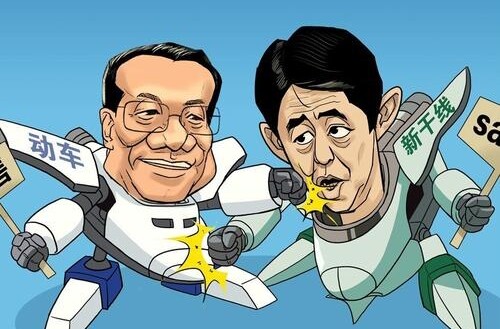
At the recent Tokyo African Development Conference, which closed in August 2019, a meaningful declaration of the meeting was produced. The various policies proposed by Japan in this declaration do not use the warm wording of "support" in Africa, but use the somewhat cold word of "concern". It can be seen that Africa wants to maintain an appropriate distance from Japan.
On the contrary, although the conference was held in Japan, African participants still did not show good things to China. In the face of the Western media "China's debt trap in Africa", Afghan Adesina, president of the African Development Bank, said in an interview with Reuters: "China has no plans to deliberately let any country debt. China A very important role is being fulfilled, namely the role of infrastructure. Africa is not in debt crisis."
All kinds of signs have made Japan more aware of reality. The Japanese media began a one-sided appeal to China and Japan to cooperate in Africa. Japanese Foreign Minister Yohei Kono said at a press conference that "if there are projects in Africa that meet high quality international standards, there is a huge space for China and Japan to promote cooperation."
The Yomiuri Shimbun, the largest circulation in Japan, reported that the Japanese government reported that it is studying to invite China to participate in projects such as the basic road maintenance project that Japan has previously implemented in Africa. The Ministry of Foreign Affairs said that it is the first time that cooperation with China has been proposed in the African aid project funded by Japan. According to the report, the Chinese side proposed the concept of “One Belt and One Road” covering the huge economic circle covering Asia and Africa. This time, the Japanese side has demonstrated its cooperation with this concept.
The outside world has long noticed that the priority areas of Japan's development assistance policy are almost identical to the priority areas of China's "21st Century Maritime Silk Road" initiative. A senior official of the Japanese Ministry of Foreign Affairs said, "We can no longer refuse cooperation with China. China has enormous financial and technological strength."
As a conservative politician, Japanese Prime Minister Shinzo Abe has always been guilty of cooperating with China. However, due to practical considerations, he is taking a more open attitude towards China. Recently, Japanese politicians including Abe have shown goodwill to China on many occasions. They are not only interested in realizing high-level exchanges of visits between China and Japan, but they are no longer indifferent to the “Belt and Road”.
Some media see farther: "China and Japan in-depth cooperation in the framework of the area all the way to begin in Africa." Author: Song Xiaobo
Comment
 Praise
Praise
 Collect
Collect
 Comment
Comment
 Search
Search


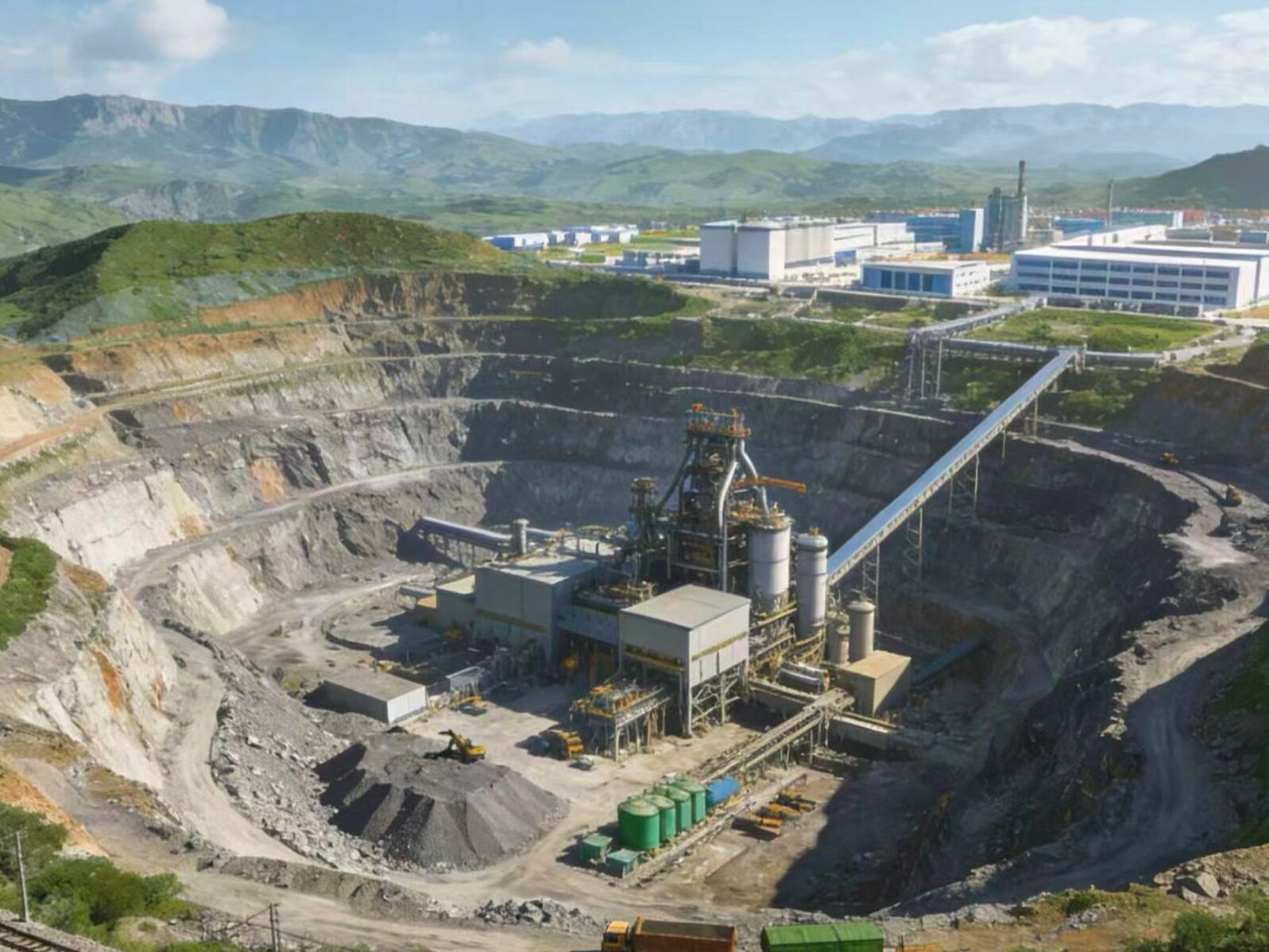
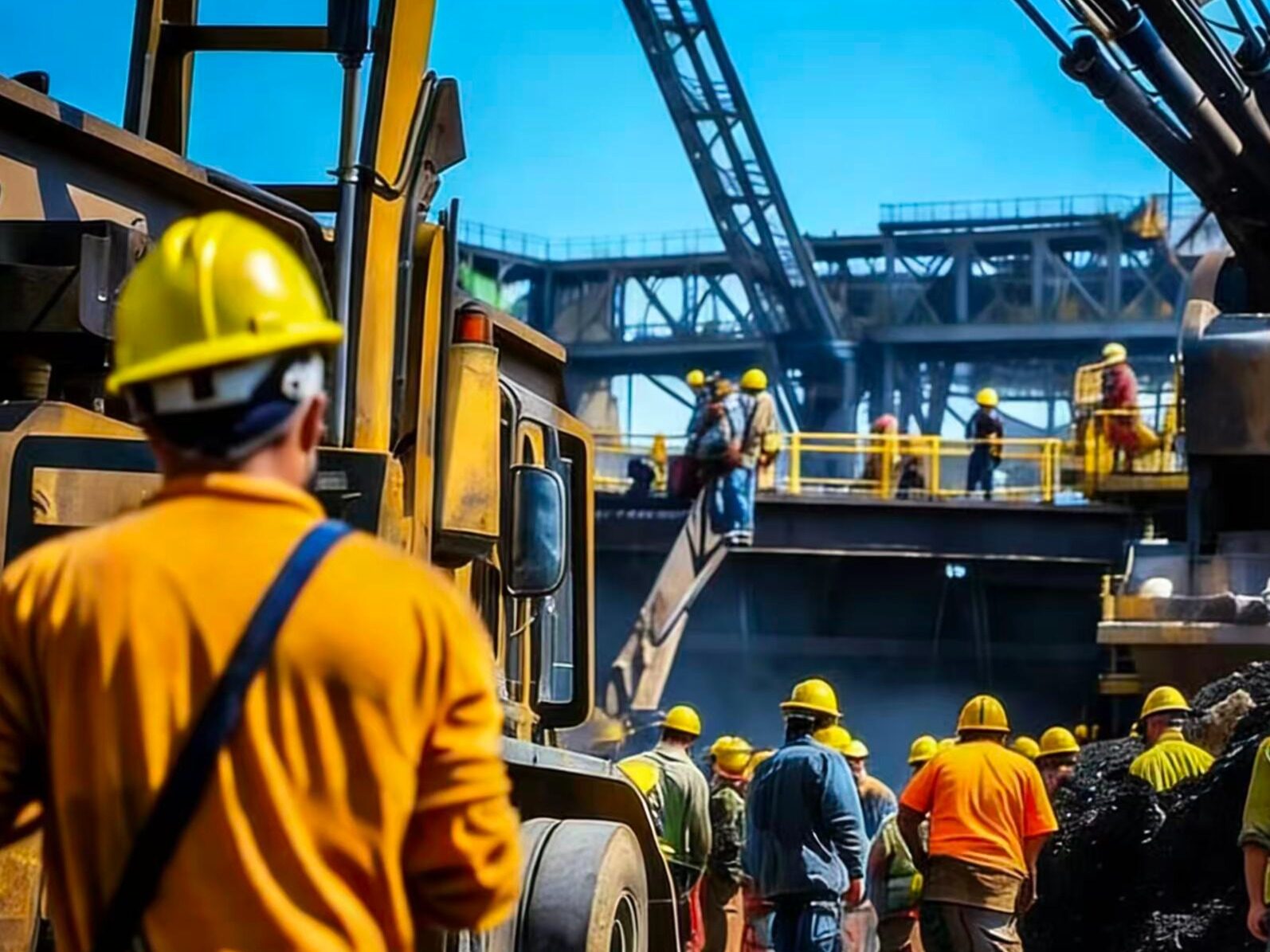


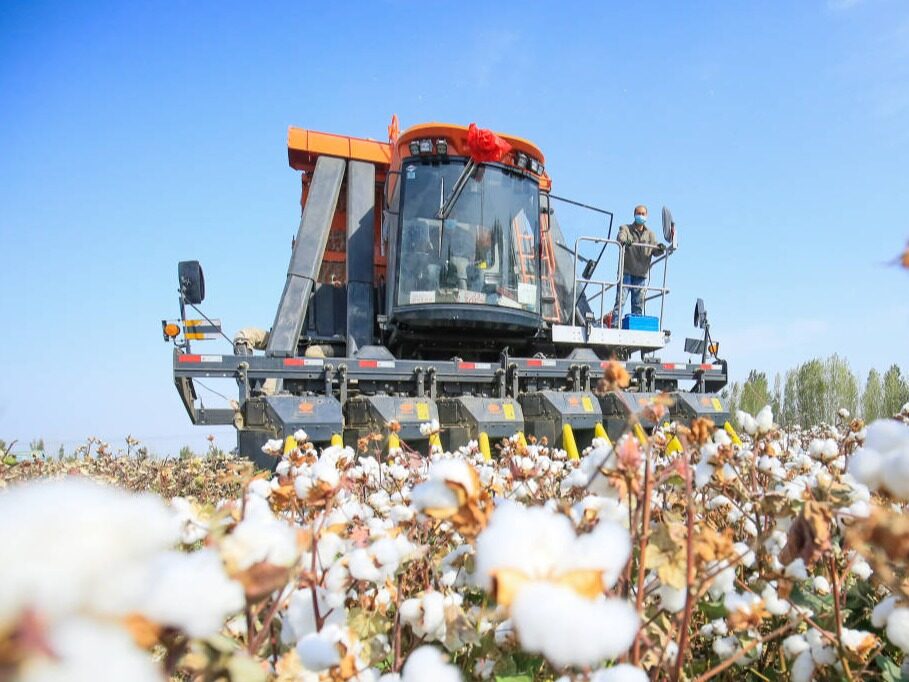
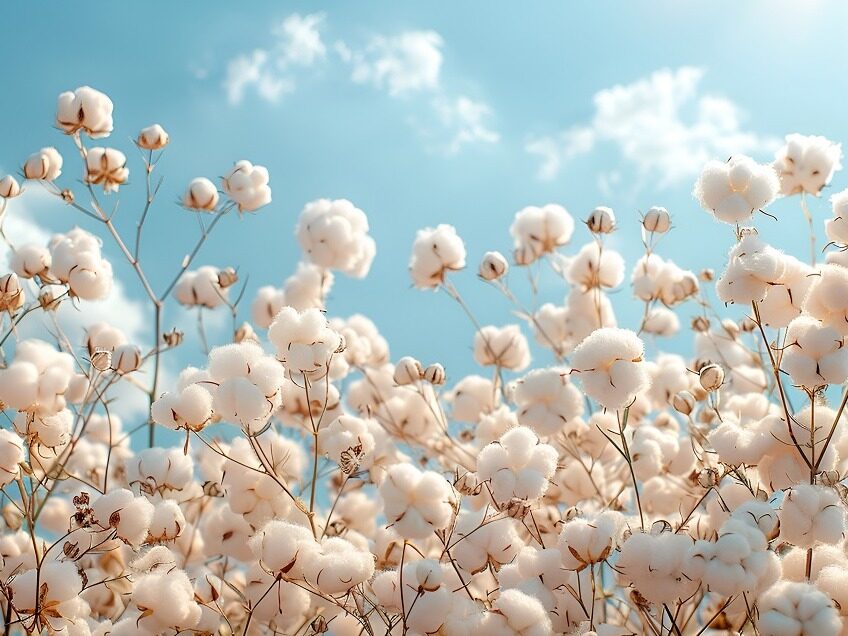






Write something~